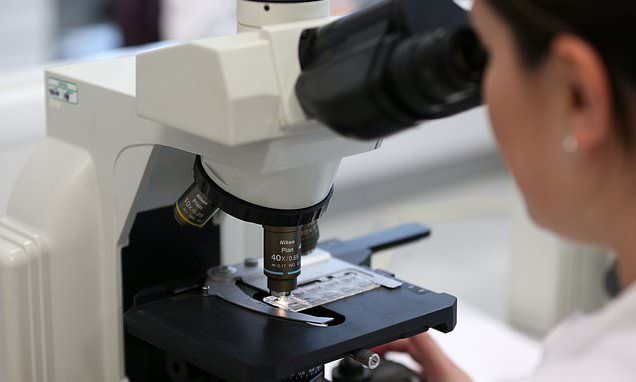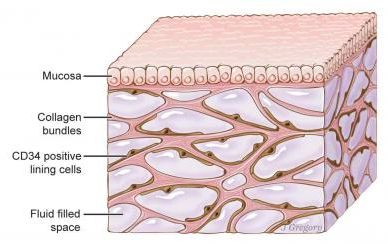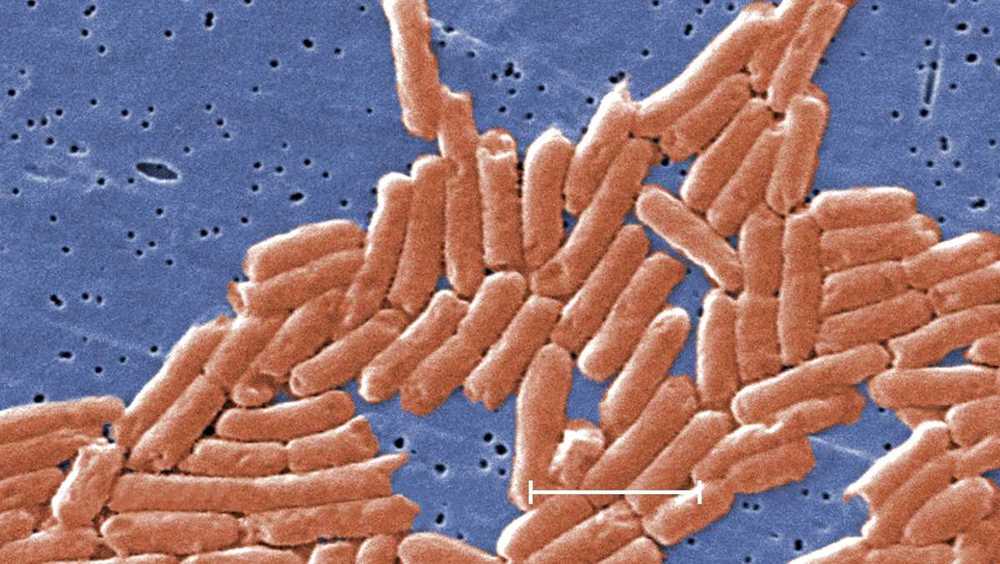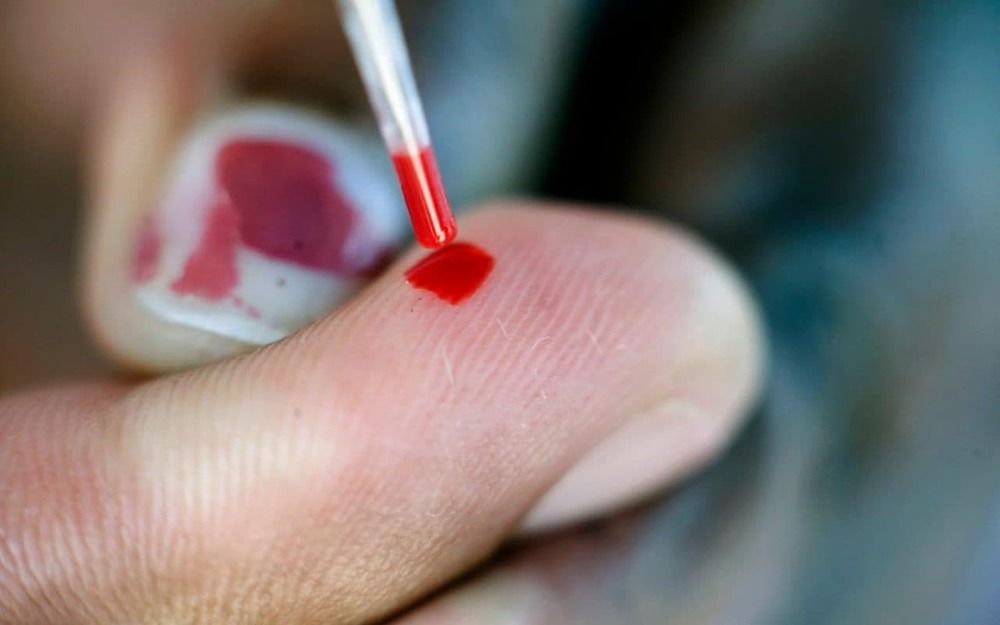The Forever Healthy Foundation has recently launched the Rejuvenation Now project, and it has just published a detailed analysis of NAD+ repletion therapies, providing the first scientific overview of this particular approach and of the supplements currently available.
One industry, two types of people
The field of aging research with an aim to rejuvenating the aging body in order to delay, prevent, or reverse age-related diseases is a field divided into two.







